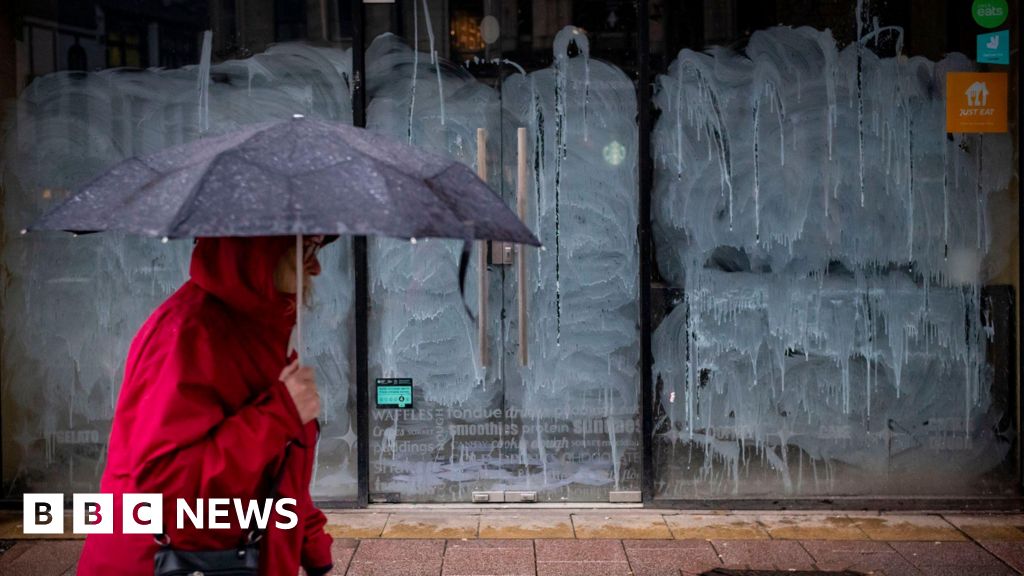Unlock the Editor’s Digest for free
Roula Khalaf, Editor of the FT, selects her favourite stories in this weekly newsletter.
The disruption to global trade from ships not being able to use the Red Sea or Suez Canal for trips between Asia and Europe could last into next year, according to the chief executive of the world’s second-largest container group.
Vincent Clerc, chief executive of Denmark’s AP Møller-Maersk, said there was no sign of tensions easing after attacks by Houthi rebels in Yemen caused container shipping companies to divert their vessels around the Cape of Good Hope, adding time and cost to the transportation of goods.
“We can see that the situation in the Red Sea is not going to be shortlived, but will last at least into the second half of the year . . . We are not very optimistic we will be going through Suez any time soon,” he told the Financial Times.
Costs for container shipping — the backbone of global trade — have jumped since the Houthi attacks began in mid-November while the increasing delivery time has caused supply chain issues for retailers and manufacturers.
Maersk said that volumes had been stronger than it expected in the first quarter of this year, which combined with the prolonged disruption in the Red Sea, caused it to lift its financial guidance for the current year. It now expects to make an operating loss of between zero and $2bn, having previously forecast a loss as big as $5bn.
“When we provided guidance, we had no clue whether [disruption in the Red Sea] would stay with us for weeks or last a long time. It now looks very likely that it will stay with us for longer. At the shortest, we would see trade resume on its old pattern late in this year,” Clerc said.
Maersk’s revenues fell 13 per cent in the first quarter to $12.4bn from a year earlier. Its operating profit plummeted from $2.3bn in the first quarter of 2023 to $177mn this year, but improved from a loss of $537mn in the fourth quarter.
Clerc said Maersk was continuing to forecast an operating loss for the year in spite of the higher than expected volumes due to the large number of new vessels ordered by competitors likely to come into service this year, which were expected to lead to overcapacity.
“While we are getting a reprieve, we expect the reprieve to be of a temporary nature. Over time, this reprieve will be overwhelmed by the sheer number of ships coming online,” he added.
However, Clerc said that uncertainty remained over the timing of that trend, which could begin in the fourth quarter of this year or the start of next year. He cautioned that Maersk needed to remain “very, very disciplined on our cost management” and not assume that the current situation would persist.
The boss of Maersk, overtaken as the world’s largest container shipping group in 2022 by Mediterranean Shipping Company, said he feared that the rise in costs unleashed by sailing around the Cape of Good Hope could lead to inflationary pressure that would be hard to bring down.
Credit: Source link











